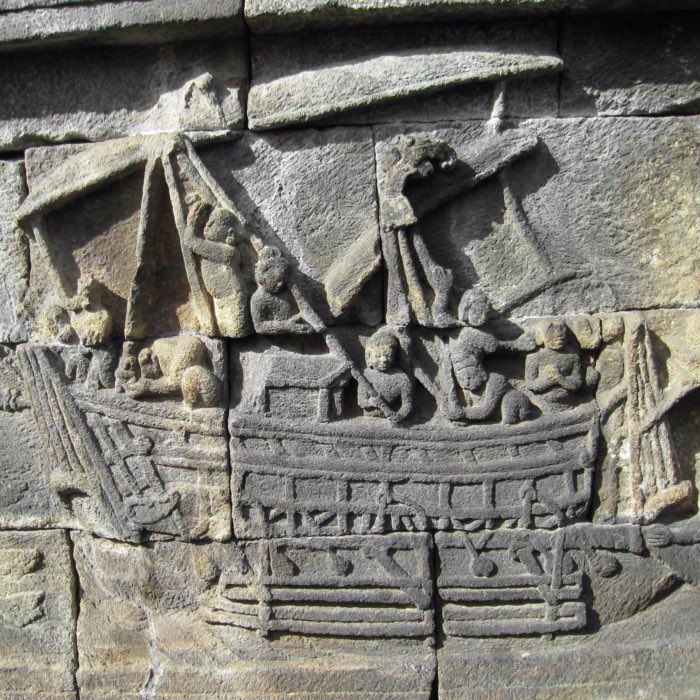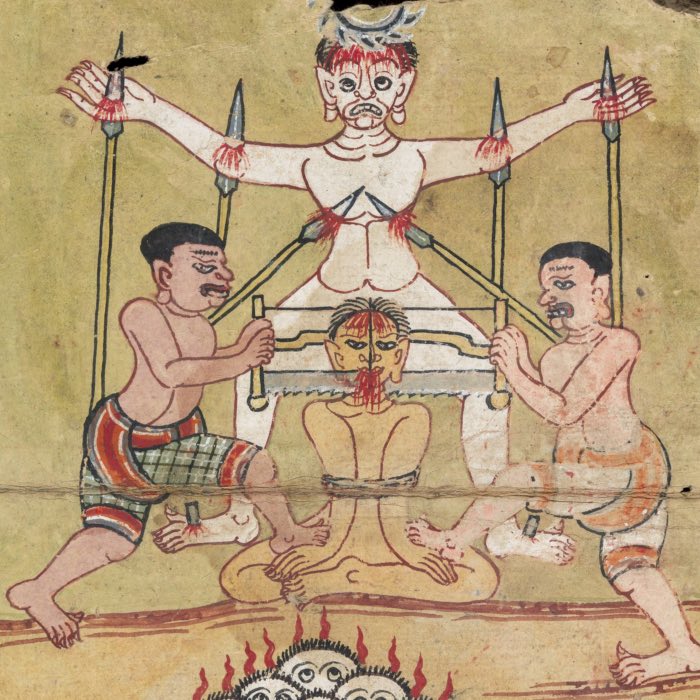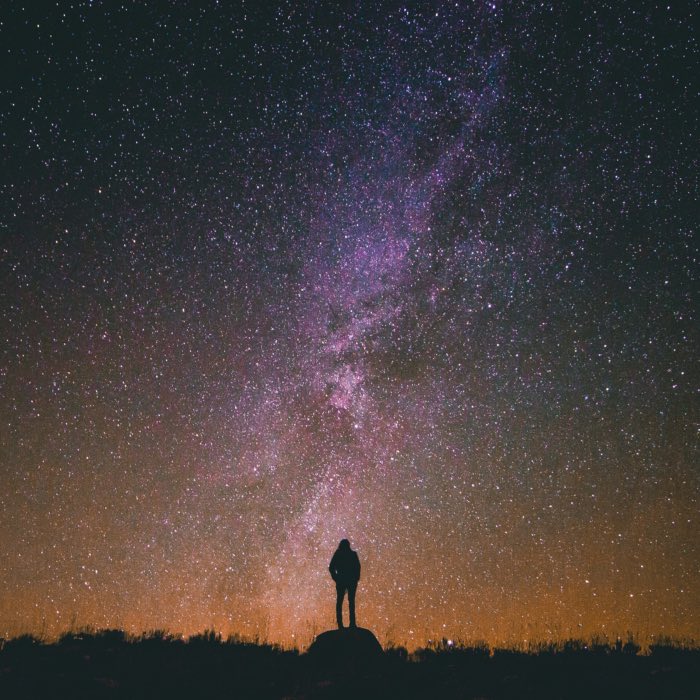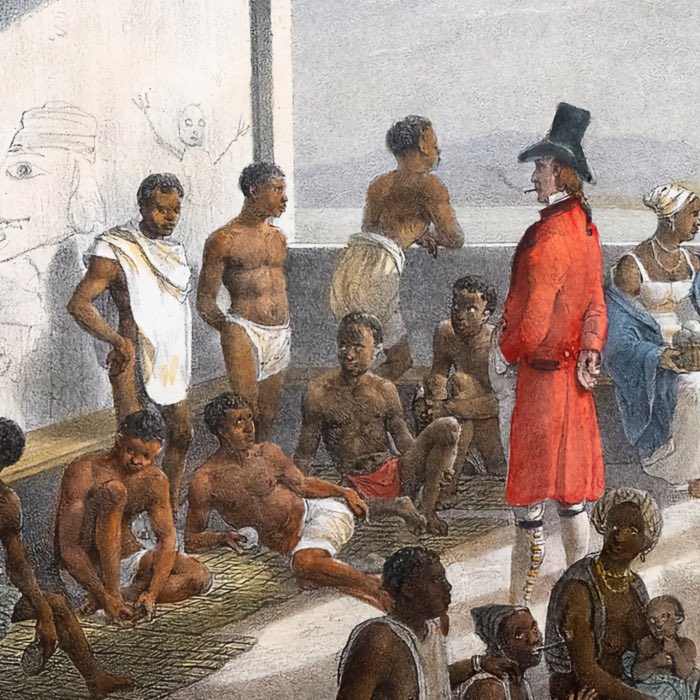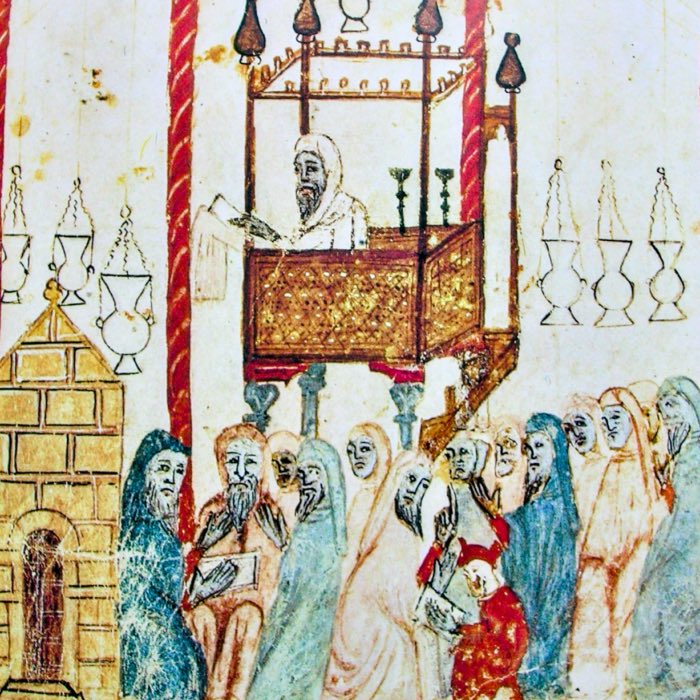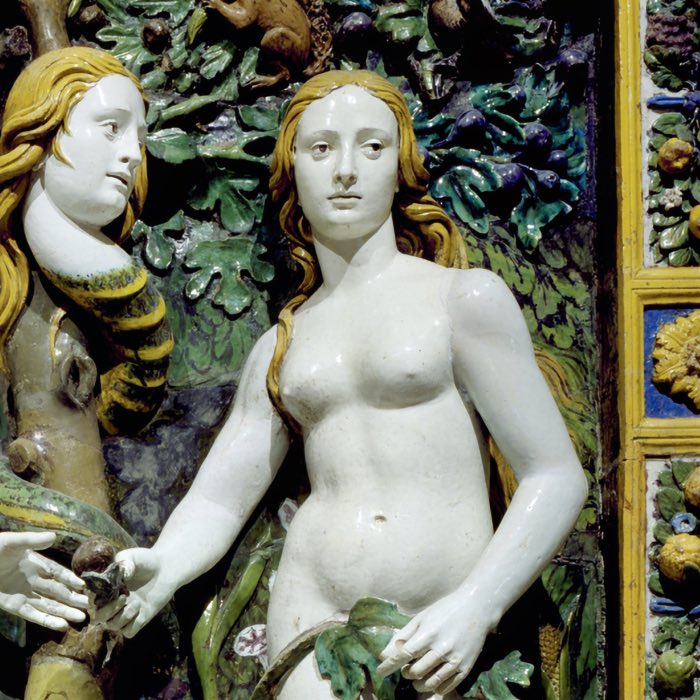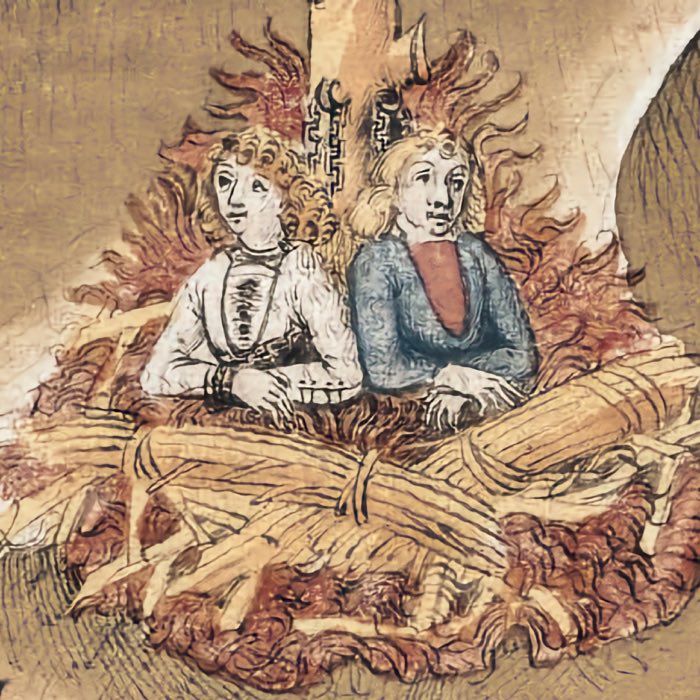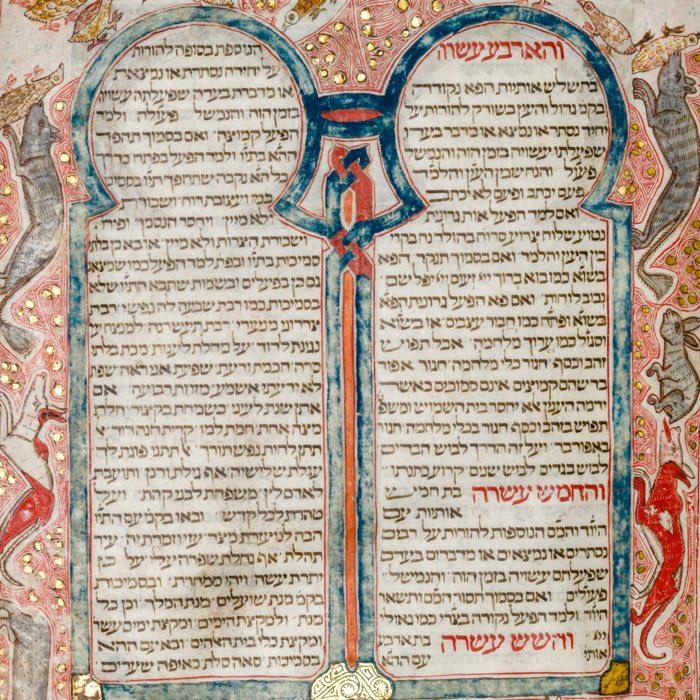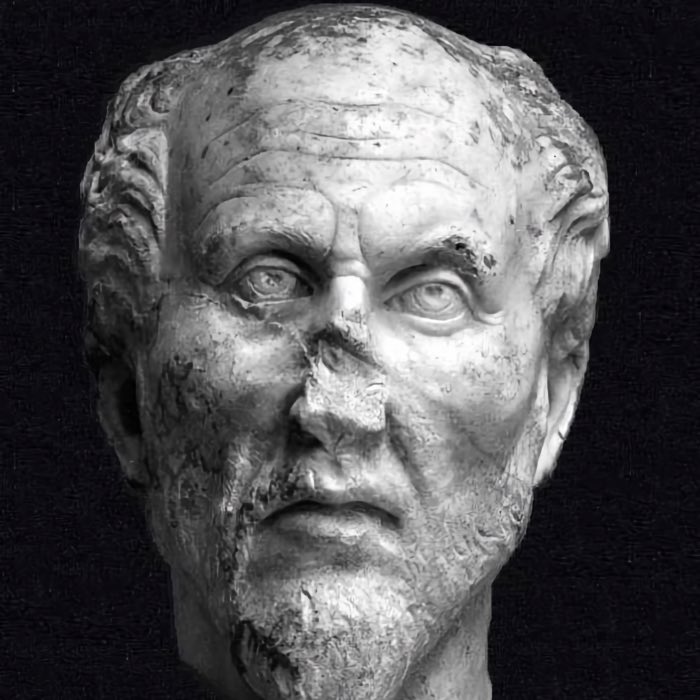#Islamic Culture
Back to all tags · diary · RSS · Mastodon · flickr · simple view · extended view · grid view
Islamic culture represents one of the most influential civilizational formations in world history, not only as a religion, but as a complex system of thought, governance, science, art, and everyday life. Emerging in the 7th century CE, it rapidly expanded across vast regions, fostering intellectual exchange and cultural synthesis that would leave a lasting imprint from Andalusia to Central Asia.
Its legacy includes major advancements in philosophy, mathematics, medicine, and jurisprudence, as well as profound contributions to architecture, literature, and mystical thought. Islamic civilization drew upon earlier traditions, including Greco-Roman, Persian, and Indian sources, and often served as a bridge for transmitting this knowledge to medieval Europe, while also developing original frameworks in theology, logic, ethics, and aesthetics.
Equally important are the cultural and political encounters between Islamic societies and their Jewish and Christian neighbors. These interactions, whether marked by coexistence, translation, or tension, profoundly shaped the shared intellectual and spiritual history of the Mediterranean and the Middle East. In examining Islam’s cultural and historical dimensions, including its intersections with Judaism and Christianity, I aim to contribute to a broader understanding of its place in the unfolding of world history.
There are currently 10 articles with this tag (newest first):
